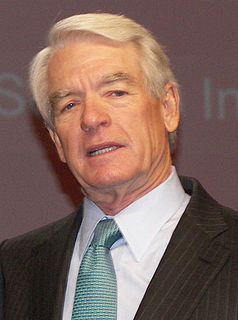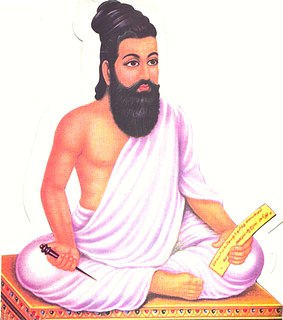A Quote by Plutarch
Lampis, the sea commander, being asked how he got his wealth, answered, "My greatest estate I gained easily enough, but the smaller slowly and with much labour.
Related Quotes
Kurt Cobain OD'd on heroin before committing suicide, but he also OD'd on fame. Cobain was like Basquiat: They both wanted to be famous, and were brilliant enough to make it happen. But then what? Drug addicts kill themselves trying to get that feeling they got from their first high, looking for an experience they'll never get again. In his suicide note, Cobain asked himself, "Why don't you just enjoy it?" and then answered, "I don't know!" It's amazing how much of a mindfuck success can be.
I had this chronic hyperactivity and an inability to focus, so I was forever being moved to another class, with a much smaller group of children - some of them about 18. If I was asked to read a paragraph, this white wall would go up in my head. Still now, I read very slowly and can rarely work out a tip.
Three men were laying brick. The first was asked: " What are you doing? He answered: " Laying some brick." The second man was asked: " What are you working for? " He answered: " Five dollars a day." The third man was asked: " What are you doing? He answered: " I am helping to build a great cathedral." Which man are you?
What difference does it make how much there is laid away in a man's safe or in his barns, how many head of stock he grazes or how much capital he puts out at interest, if he is always after what is another's and only counts what he has yet to get, never what he has already. You ask what is the proper limit to a person's wealth? First, having what is essential, and second, having what is enough.








































